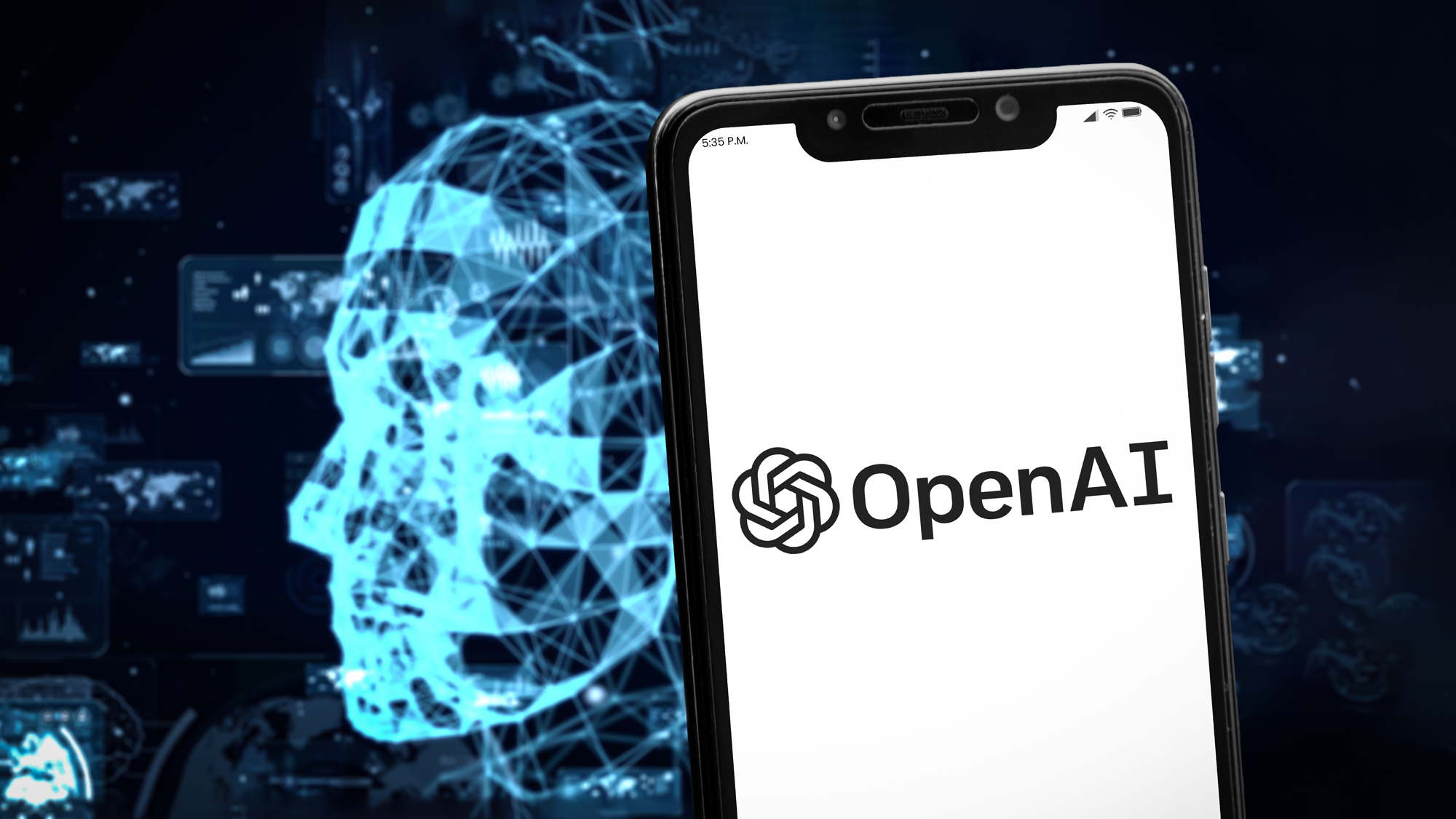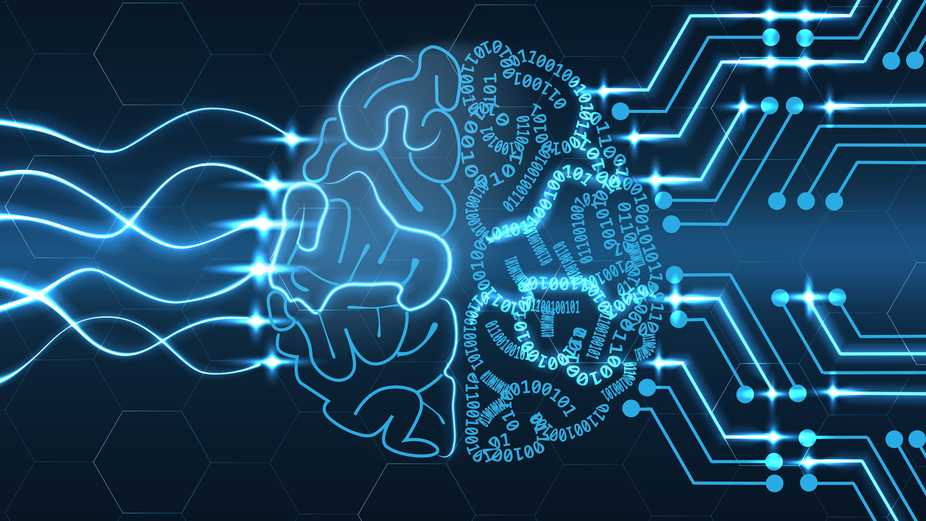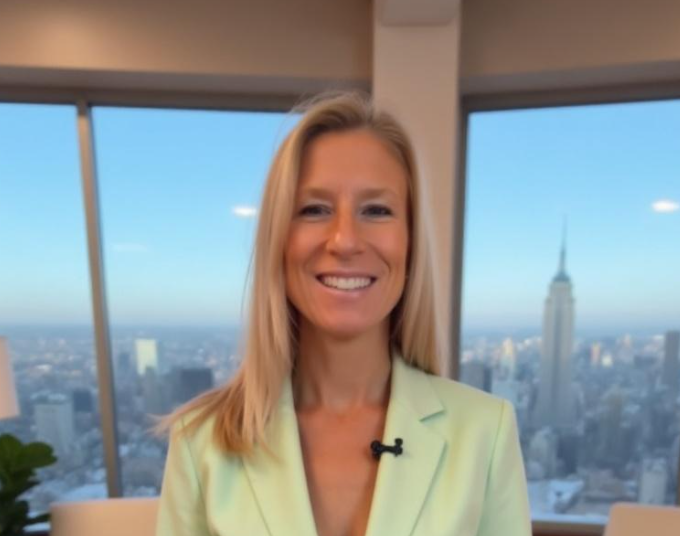Sam Altman just teased GPT‑6 — and it's more personal than ever
Sam Altman teases GPT‑6 memory features

Here at Tom’s Guide our expert editors are committed to bringing you the best news, reviews and guides to help you stay informed and ahead of the curve!
You are now subscribed
Your newsletter sign-up was successful
Want to add more newsletters?

Daily (Mon-Sun)
Tom's Guide Daily
Sign up to get the latest updates on all of your favorite content! From cutting-edge tech news and the hottest streaming buzz to unbeatable deals on the best products and in-depth reviews, we’ve got you covered.

Weekly on Thursday
Tom's AI Guide
Be AI savvy with your weekly newsletter summing up all the biggest AI news you need to know. Plus, analysis from our AI editor and tips on how to use the latest AI tools!

Weekly on Friday
Tom's iGuide
Unlock the vast world of Apple news straight to your inbox. With coverage on everything from exciting product launches to essential software updates, this is your go-to source for the latest updates on all the best Apple content.

Weekly on Monday
Tom's Streaming Guide
Our weekly newsletter is expertly crafted to immerse you in the world of streaming. Stay updated on the latest releases and our top recommendations across your favorite streaming platforms.
Join the club
Get full access to premium articles, exclusive features and a growing list of member rewards.
Less than two weeks after ChatGPT-5 launched with a rocky rollout, OpenAI CEO Sam Altman is already offering a sneak peek into what’s next for the company. This time, it's not about more power, but persistence.
CNBC recently reported that the next model (GPT‑6) will feature greater memory capabilities designed to make interactions feel more personalized, consistent and human-like.
“People want models that remember things over time,” he said during a recent event, underscoring a shift in how AI will become more of a trusted companion that won't quickly forget user conversations. In other words, this next generation is being built for long-term connection.
What this memory update means for AI users

GPT‑5 introduced better reasoning and token flexibility, but if you've used it for any length of time, you've proabably noticed that every new interaction feels disconnected. GPT‑6’s memory feature aims to change that by:
- Learning your personal preferences: Whether you favor concise answers or detailed breakdowns, GPT‑6 could adapt over time.
- Recognizing your voice and tone: It can maintain consistency in longer conversations or recurring projects.
- Evolving with you: From adjusting explanations to your learning pace to picking up where you left off in multi-step tasks, it’s all about continuity.
Why memory is the future of AI

When AI remembers past conversations, preferred formats, tone of voice or even specific long-term goals, it moves from being a clever chatbot to something more meaningful.
This shift fosters trust and deepens usability. You’ll spend less time repeating yourself and more time building on what’s already been said. It can pick up where you left off, adapt to your evolving needs, and even anticipate the kinds of answers or insights you’re looking for.
Crucially, memory unlocks adaptability, which OpenAI CEO Sam Altman says is more important than just raw processing power. The smartest assistant in the world isn’t helpful if it can’t remember what you asked yesterday or how you prefer your information delivered.
Get instant access to breaking news, the hottest reviews, great deals and helpful tips.
In the race toward more human-like interaction, memory is the foundation of AI assistance.
Privacy remains a top concern

Altman hasn’t been shy about the risks. Long-term memory could offer convenience, but it also raises red flags about privacy and data misuse. Users want an AI that adapts to them, but it can add extra layers of both ethical and safety considerations.
Any practical rollout of memory features will need clear user controls, transparent storage policies and security protection mechanisms. Without this care, the promise of connection could tilt into discomfort or surveillance.
Bottom line
While we don't know when GPT-6 will launch, the promise of greater memory could change the game forever. Today, AI forgets, keeping you in control. But GPT‑6's potential to remember could transform our relationship with technology entirely, turning it into a truly personal assistant. If done ethically, this could be one of AI’s most human steps yet.
Follow Tom's Guide on Google News to get our up-to-date news, how-tos, and reviews in your feeds. Make sure to click the Follow button.
More from Tom's Guide
- Meta AI chatbots gave false medical advice and flirted with minors — now the company is restructuring its AI division again
- I tested ChatGPT-5 vs DeepSeek with 9 prompts — here's the surprising winner
- OpenAI’s Sam Altman hypes mystery ChatGPT device — 'It’s so beautiful, a case would be a crime'

Amanda Caswell is an award-winning journalist, bestselling YA author, and one of today’s leading voices in AI and technology. A celebrated contributor to various news outlets, her sharp insights and relatable storytelling have earned her a loyal readership. Amanda’s work has been recognized with prestigious honors, including outstanding contribution to media.
Known for her ability to bring clarity to even the most complex topics, Amanda seamlessly blends innovation and creativity, inspiring readers to embrace the power of AI and emerging technologies. As a certified prompt engineer, she continues to push the boundaries of how humans and AI can work together.
Beyond her journalism career, Amanda is a long-distance runner and mom of three. She lives in New Jersey.
You must confirm your public display name before commenting
Please logout and then login again, you will then be prompted to enter your display name.
 Club Benefits
Club Benefits




















